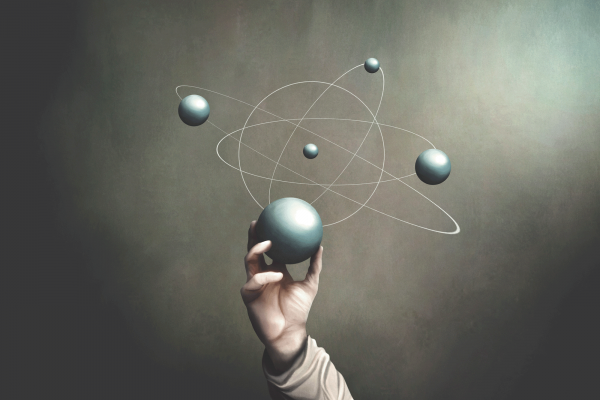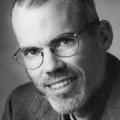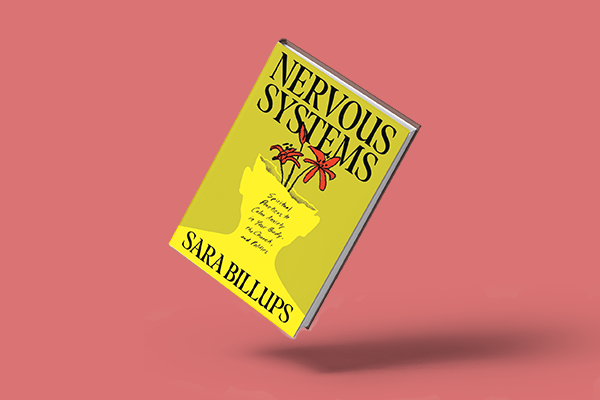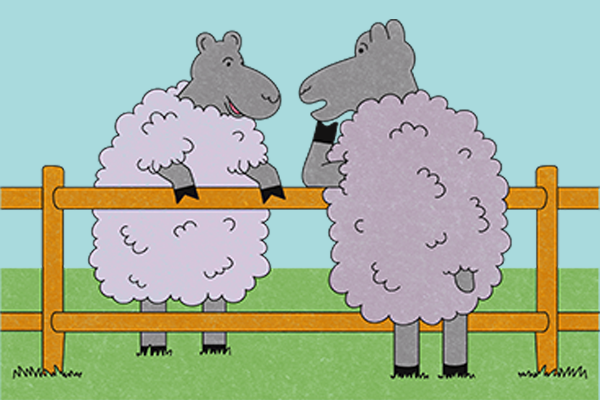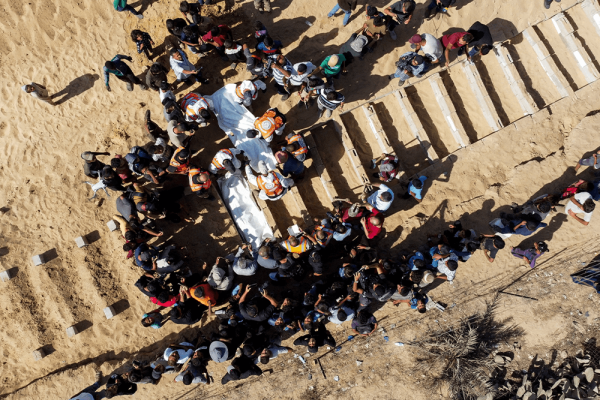GOD’S CREATION OPERATES according to rules — we call them physics and chemistry — and they are not to be trifled with. Right now, we’re trifling.
But right now — at the exact same moment — we’re also using chemistry and physics to do some remarkable things that could potentially repair some of that trifling.
We don’t know which will win. It will come down to biology — that is, to the rules that govern who we are in this created order.
The trifling first: The climate crisis is clicking into its highest gear yet. 2023 was the hottest year in the last 125,000, and the steamiest too, as the heat drives up the level of moisture in the atmosphere. Carbon dioxide levels in the atmosphere grew at their fastest pace ever, surging more than 4 parts per million. Ralph Keeling, the veteran scientist in charge of compiling the data, said, “Human activity has caused CO2 to rocket upwards. It makes me sad more than anything. It’s sad what we are doing.”
It should make us sad. Some humans — climate scientists, specifically — warned the rest of us humans about all this more than three decades ago, when we could have headed off much of it. We didn’t.
Happily, some other humans got to work, using chemistry and physics to engineer solar panels and wind turbines and make them cheap enough to deploy around the world. This is now starting to happen at scale: Last year, almost all new power generation in the world came from renewable generation. This spring in California, the number of panels and storage batteries was high enough that the grid was dominated by solar, wind, and hydropower; when the sun went down at night, those batteries were the biggest source of supply. This could happen everywhere. If it did, we’d be halfway to okay, but this progress must happen much, much faster now.
So, chemistry and physics cut both ways here. We know how to use them to build the things we need to begin repairing the damage we’ve done.
Now, to biology. Climate change is a test of whether our big brain was a good adaptation. Or, perhaps more accurately, it is a test of whether our big brain is attached to a big enough heart to prompt us to act.
Our biology comes with certain tendencies toward protection of ourselves and our own — a short-termism and a self-centeredness that, so far, has worked against us making the changes we desperately require. In their direst form, these tendencies produce the greed that has kept the fossil fuel industry steadily lying about climate change. But our biology also seems open to other tendencies — toward a willingness to think about the whole, toward “loving one’s neighbors,” toward what we’ve come to call religion.
We’ll see what happens, and we’ll see in the next few years, because that’s all we’ve got. Them’s the rules.
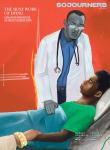
Got something to say about what you're reading? We value your feedback!
